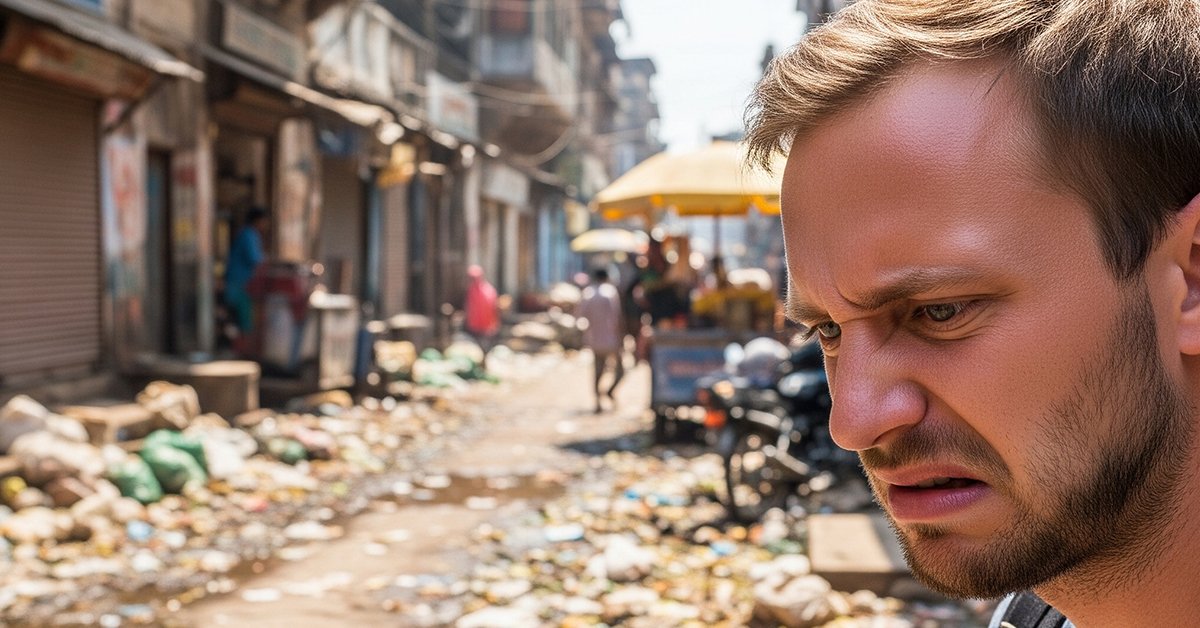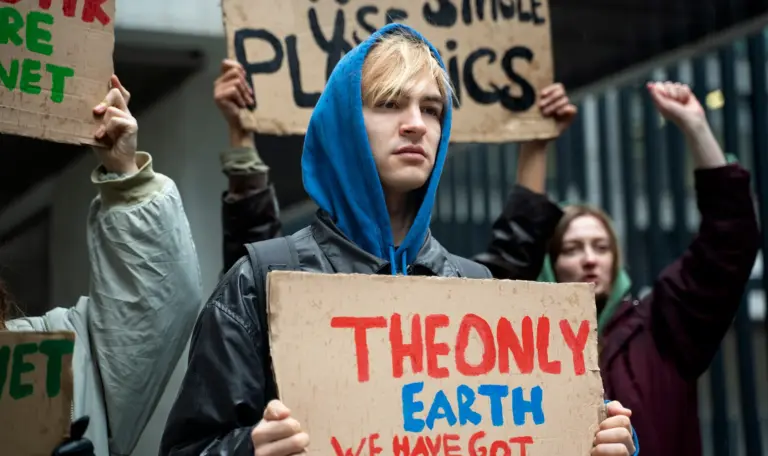India, with its kaleidoscope of cultures, ancient monuments, and breathtaking landscapes, has long captivated the imagination of global travelers. The "Incredible India" campaign has successfully showcased our nation's wonders, from the majestic Ajanta and Ellora Caves right here in Maharashtra to the serene backwaters of Kerala. However, the story a tourist tells after their visit …
India, with its kaleidoscope of cultures, ancient monuments, and breathtaking landscapes, has long captivated the imagination of global travelers. The “Incredible India” campaign has successfully showcased our nation’s wonders, from the majestic Ajanta and Ellora Caves right here in Maharashtra to the serene backwaters of Kerala. However, the story a tourist tells after their visit is shaped by more than just monuments; it’s defined by their overall experience. This article delves into the critical impact of cleanliness on India’s global tourism perception and argues why a cleaner India is not just a civic duty, but an economic imperative.
The Unspoken Itinerary: Hygiene and the Tourist Experience
When a tourist lands in India, their first impression is not of the Taj Mahal, but of the airport, the streets, and the general environment. A landscape dotted with litter, overflowing bins, and unhygienic public facilities can unfortunately overshadow even the most profound cultural experiences.
- Health and Safety Concerns: For international travelers, visible signs of uncleanliness directly translate to concerns about health and safety. Worries about contaminated food, waterborne diseases, and general hygiene can lead to negative reviews and discourage potential visitors.
- A-to-B Experience: Tourism isn’t just about the destination (point B); it’s about the entire journey (from point A). The experience of traveling between sites—the cleanliness of trains, buses, and public restrooms—plays a significant role in a tourist’s overall satisfaction.
- Digital Word-of-Mouth: In the age of social media, a single photo of a littered heritage site can go viral, reaching millions and reinforcing negative stereotypes. Conversely, images of pristine landscapes and clean city streets can become powerful, free marketing for the nation.
The Economic Ripple Effect of a Cleaner Nation
The drive for a cleaner India, championed by initiatives like the Swachh Bharat Mission, has a direct and positive correlation with the Indian tourism economy.
- Increased Tourist Arrivals: Countries known for their cleanliness, like Singapore and Japan, consistently rank high as desirable travel destinations. A cleaner India will attract a wider demographic of tourists, including families and high-spending travelers who prioritize hygiene.
- Longer Stays and Higher Spending: When tourists feel safe, comfortable, and respected, they are more likely to extend their stay, explore more destinations, and spend more money, boosting local economies from Chhatrapati Sambhajinagar to the farthest corners of our nation.
- Boost to Responsible Tourism: A focus on cleanliness fosters a culture of responsible tourism. It encourages both locals and tourists to be more mindful of their environmental impact, preserving our natural and cultural heritage for future generations.
- Positive Global Branding: A clean India directly challenges and dismantles outdated negative perceptions. It showcases a modern, progressive, and capable nation that takes pride in its public spaces, enhancing our “soft power” and global standing.
Our Role in Crafting a New Narrative
The responsibility for a cleaner India does not rest solely with the government. It is a collective mission. Every citizen who refrains from littering, every shopkeeper who keeps their storefront clean, and every student who champions a cleanup drive becomes an ambassador for a new Indian narrative. NGOs like Letschangeus.com are working at the grassroots level to instill this sense of civic pride in the next generation, ensuring that the change is sustainable and deeply ingrained.
Conclusion:
To truly realize the potential of “Incredible India,” we must commit to a “Clean India.” The impact of cleanliness on India’s global tourism perception is undeniable—it influences visitor numbers, economic growth, and our national pride. By embracing cleanliness as a core value, we are not just cleaning our streets; we are polishing the image of our nation and ensuring that the first and lasting impression of India is one of breathtaking beauty and profound respect.






